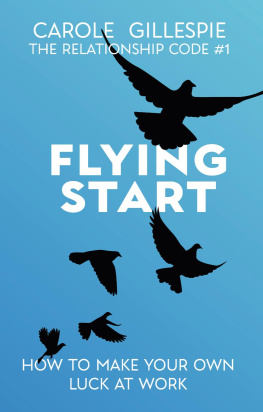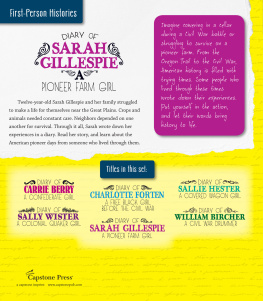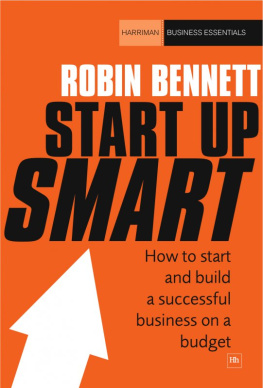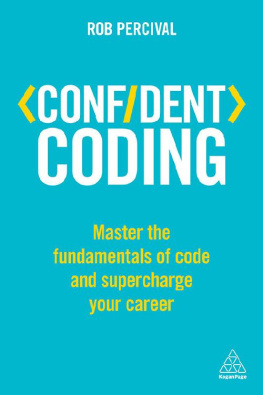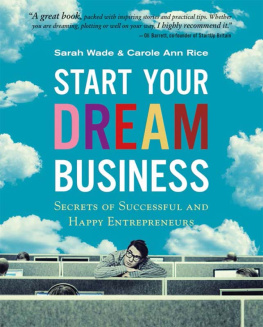As we enter the world of work, wouldnt it be great if we had continual support to stretch and develop ourselves? How amazing and fulfilling it would be if we could continue to learn, have access to a range of opportunities and avoid being trapped by any sort of glass ceiling.
Many organisations will give you help with this, but to really stand out from the crowd and be lucky enough to get the best support and opportunities there are things you must do too for the whole of your working life starting now.
Your advantage is that you are going to find out what these are and, much more importantly, how to do them from the early days of your working life. Most people only start to appreciate what they are missing out on when they get to mid-career, if at all.
So, what is it that makes the difference that everyone can apply? The magic dust is the way you start and then continue the relationships you build with people in the business environment. Underpinning all that is the way you ask questions and have conversations.
Is that all? I hear you say. The answer is a resounding Yes! In this book Ill show you how to build a meaningful network no matter who you know now, how to reinforce your relationship with these people and how this can help you to get the opportunities you deserve. Best of all, youll be able to do this in a way that feels natural and is welcomed by the people you meet.
Our Starting Point
Have you heard people say Its not what you know, its who you know?
Maybe that was true in the past, when even knowing who was important was difficult, let alone having a way to engage with them. It is true that some people still start off their life/career with the advantages of a ready-made network through parental or educational contacts. The difference now is that it is very easy for anyone to build their own network and level the playing field. In fact building your own network does more than this, it tilts the playing field in your favour.
No one is ever too young (or too old) to make contributions to their Relationship Bank Account. The good news is that there are no restrictions on the amount you can invest or withdraw, or the time when you can do this. Whether you are a young entrepreneur, an undergraduate, an intern, a student on a holiday job, a school leaver, in an apprenticeship, on a graduate programme or simply in the early years of your working life, you must constantly be talking to people you meet and building your network. Why do this? Because your aim is to create and sustain positive relationships with these people to give both of you the confidence and understanding to potentially help each other now or in the future.
We will learn how to create positive and long-lasting relationships in the working environment (business relationships) and specifically how to make the most of every interaction. Youll be able to do this in a way that feels natural and which you can both enjoy. The result of this activity? You will stand out from the crowd and more people will be prepared to take the risk of giving you the chance to show what you can do i.e. theyll take a chance on you.
This means more opportunities should come your way, more often. Your side of the bargain is that not only do you have to make the connections, but you have to keep them going. Read on and you will see how to do these things in a really effective way that will be appreciated by your connections. Great networks and great relationships dont happen by accident, they happen by design consciously, confidently and consistently.
Relationship Reminder:
Want someone to take a chance on you or your business?
Build a relationship with them first.
Whats the Problem?
As I started writing this book, the term Generation Z had just been coined. This was defined as 17-24 year olds, who were just entering or had recently entered the workforce some temporarily, some permanently. What was special about this group is that they were the first to have had digital technology at their fingertips from the day they were born.
Whilst this digital literacy is great for business operations, it does mean that people in this age group (and those that come into the workforce after them) have often had much less experience and variety in their non-digital (i.e. spoken) interactions with people.
In talking with people who are in the early years of their career or even just thinking about their future, Im frequently asked four questions:
1. Starting a Conversation
Im really uncomfortable when I am in a group of people I dont know and tend to keep quiet and keep to myself. How can I make the most of these opportunities to meet people if I dont feel able to talk to them?
2. Having a Meaningful Conversation
Whod want to talk to me? Im at the bottom of the pile and people are too important to spend time on me. How do I talk to more senior people to get myself noticed without looking like a creep?
3. Building the Relationship
Ive got hundreds of friends on social media sites. It is easy to stay in touch with them individually or as a group. How do I do the same thing for people I meet related to work or my career?
4. Using the Relationships
Its all very well having a network and building good business relationships, but Ive no idea how to make use of these. How do I use my network to help me progress in my career and get the opportunities I deserve?
These are the fundamental questions (and more) this book sets out to answer for you.

